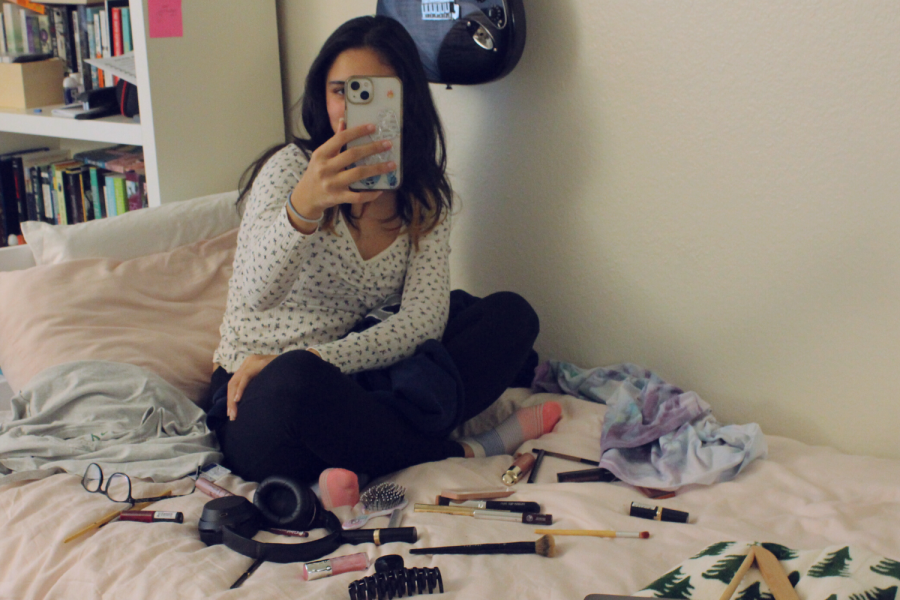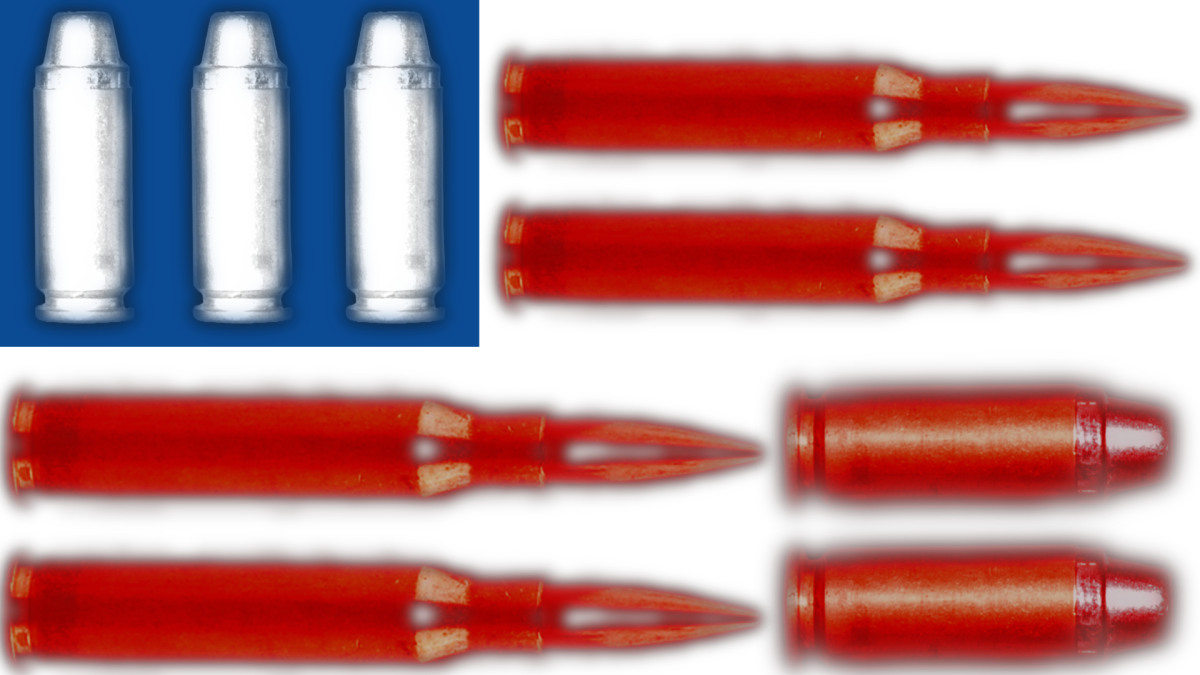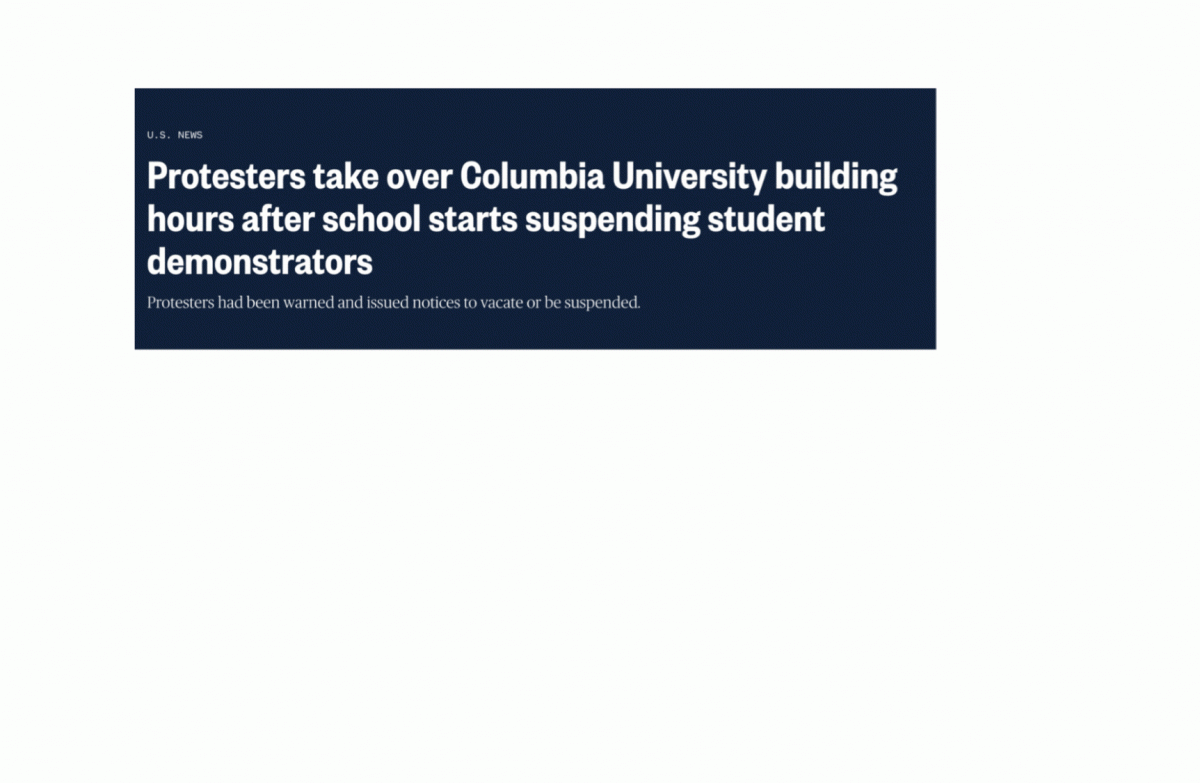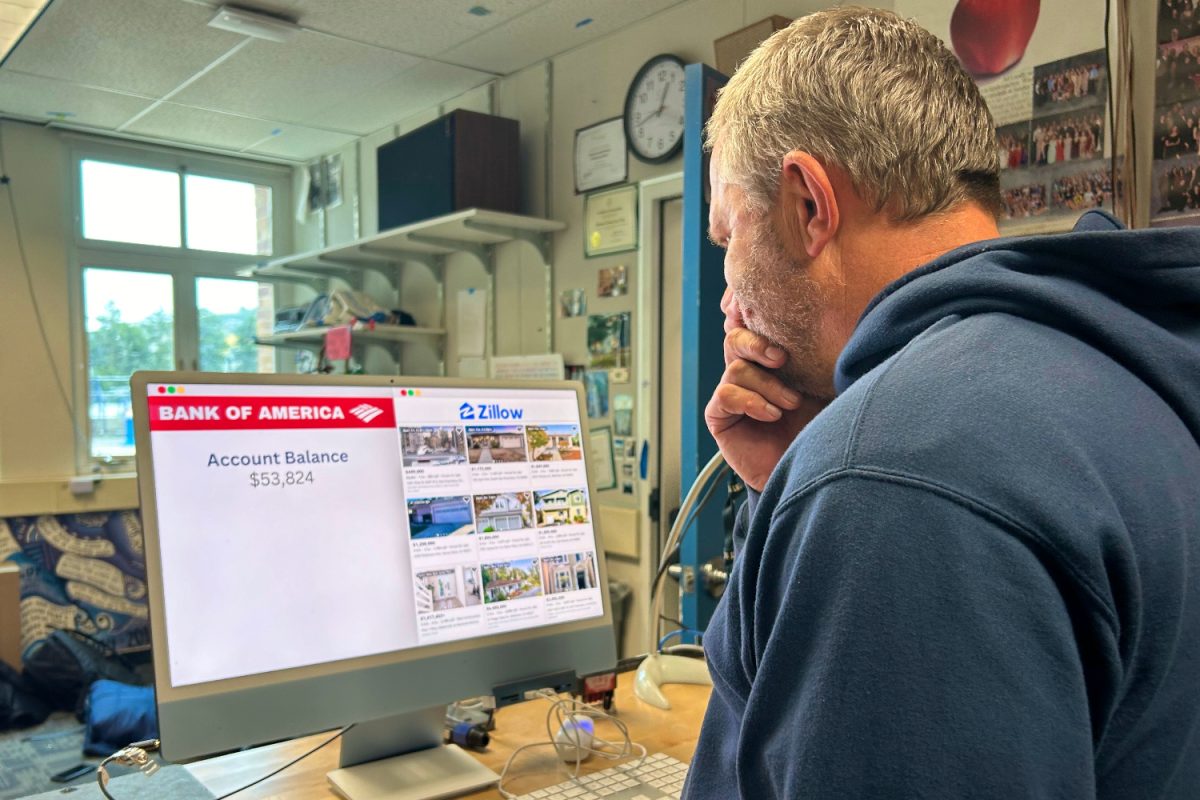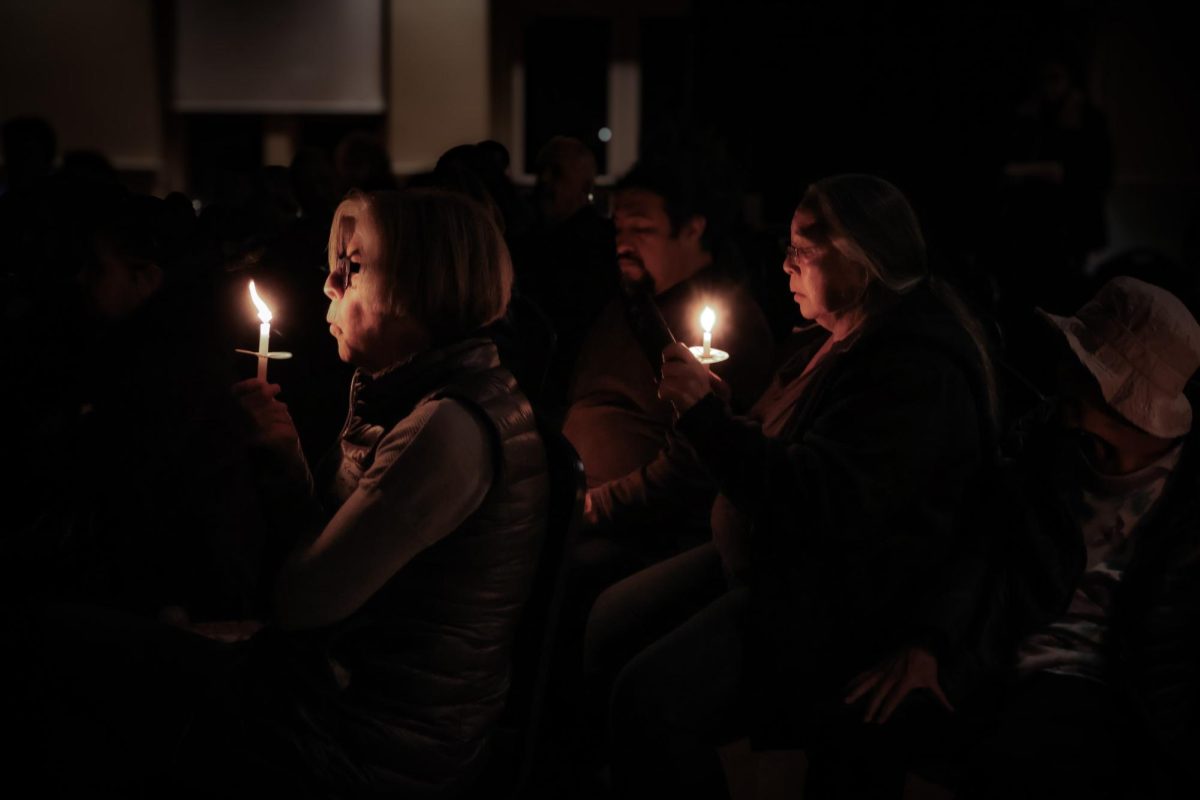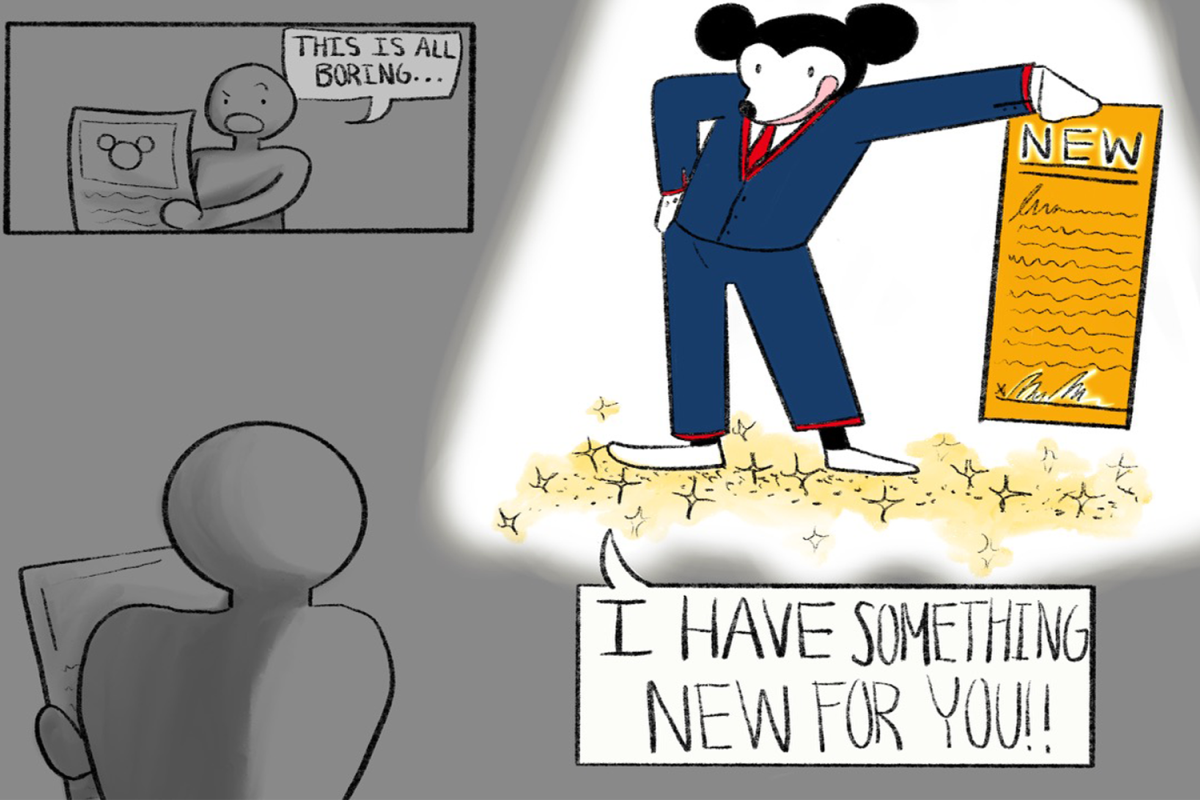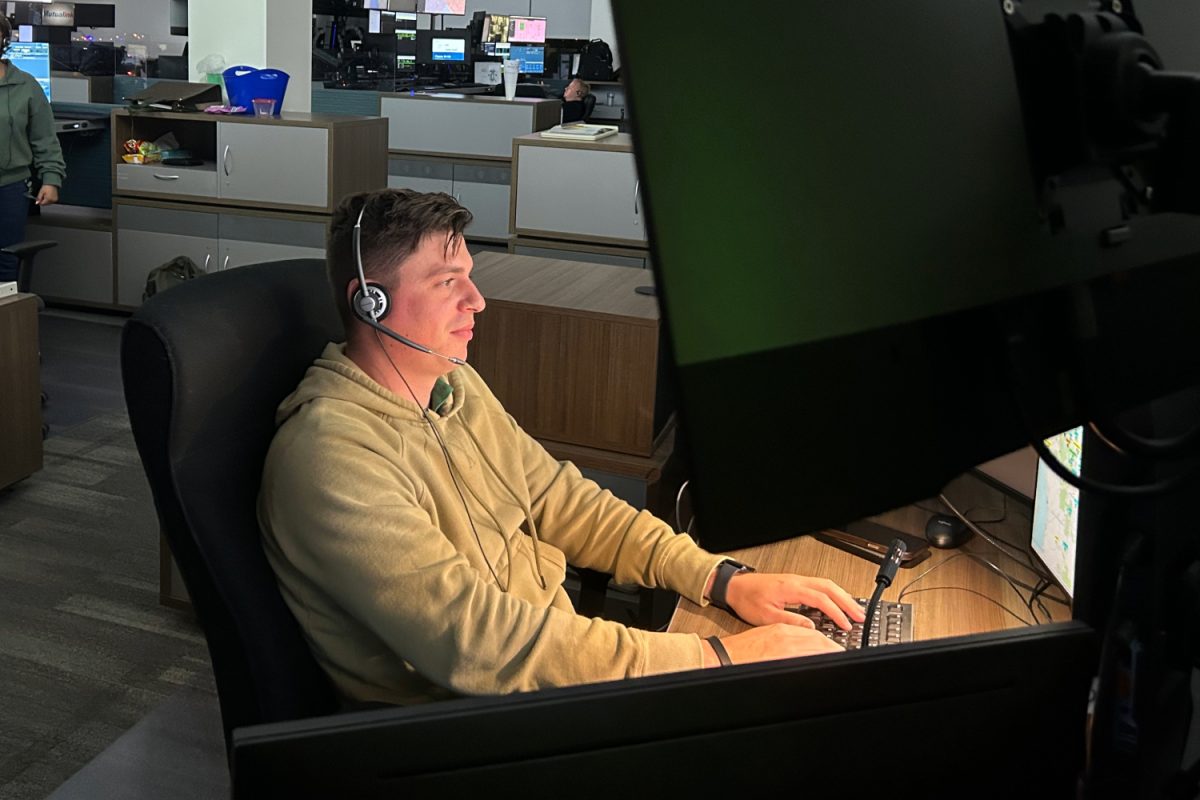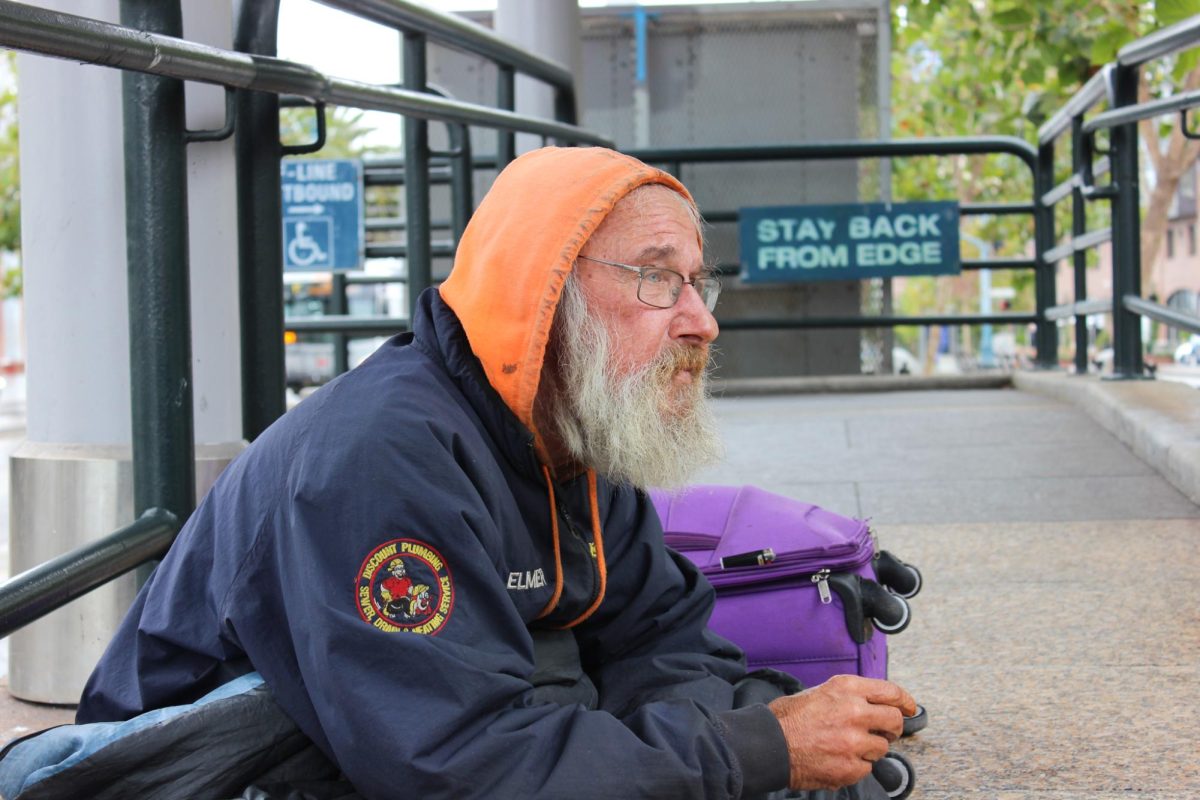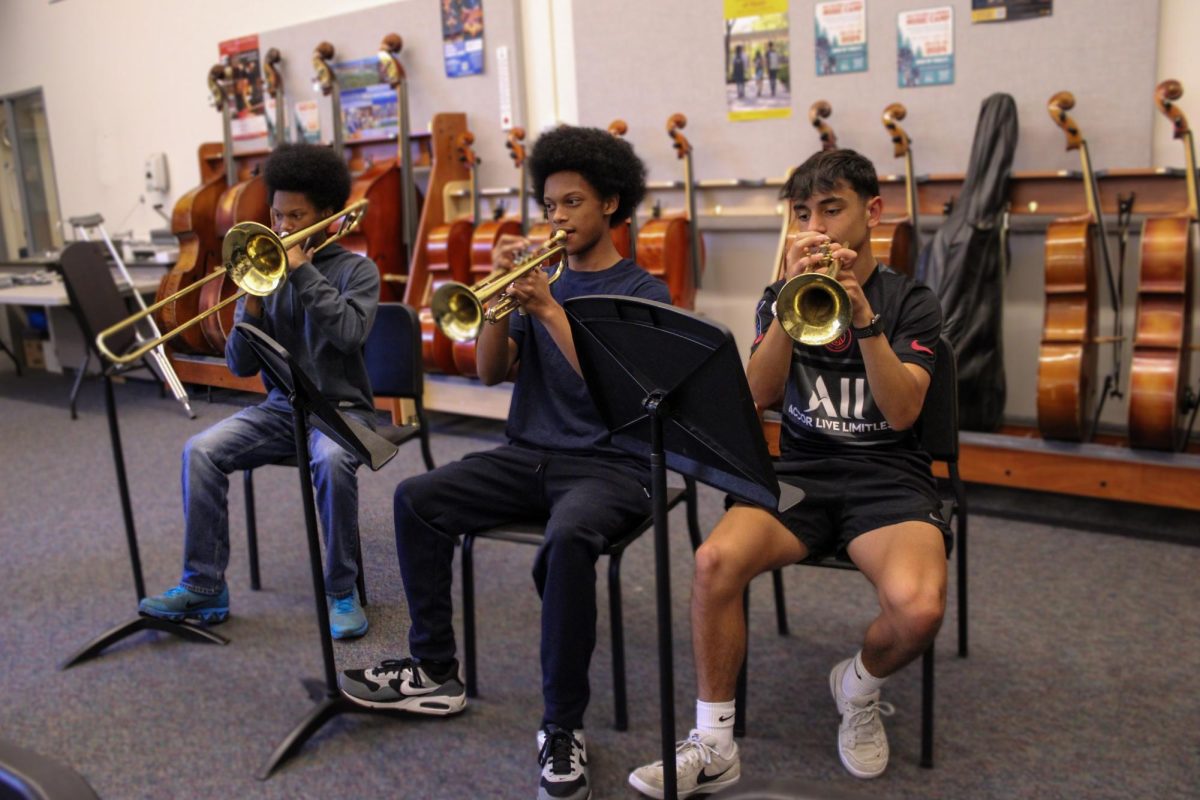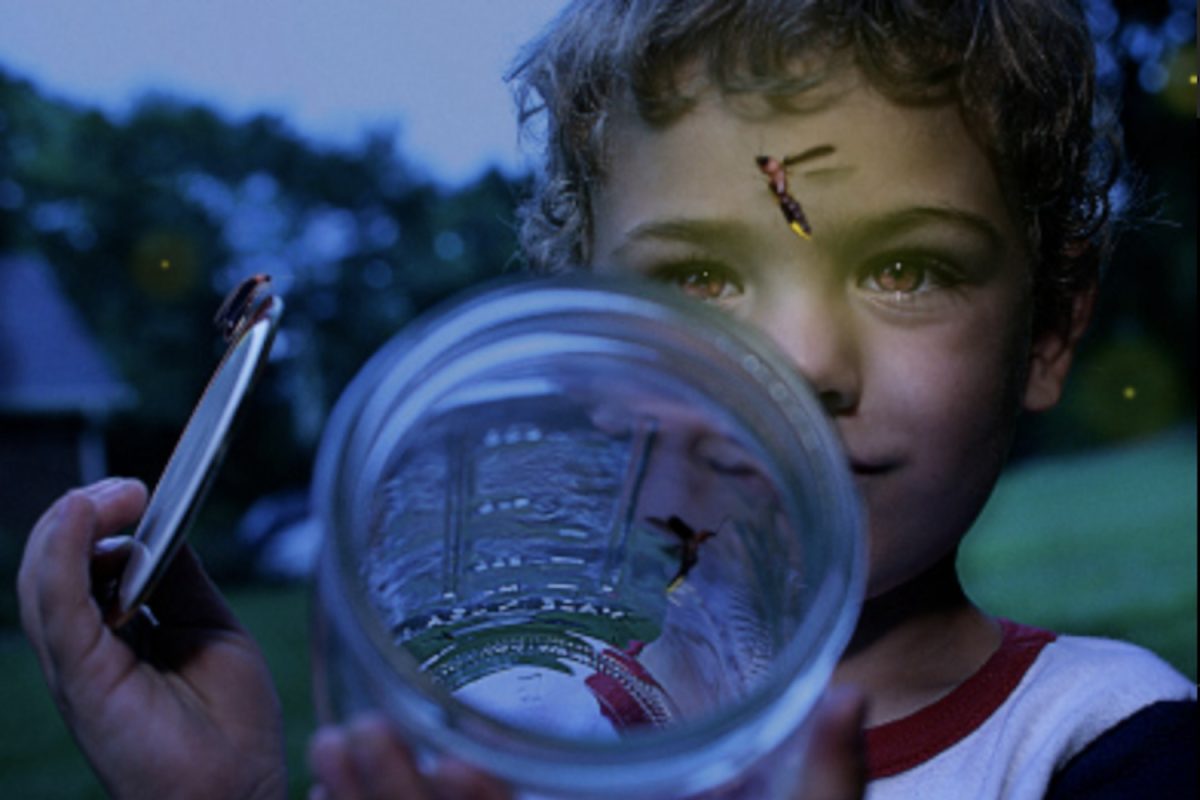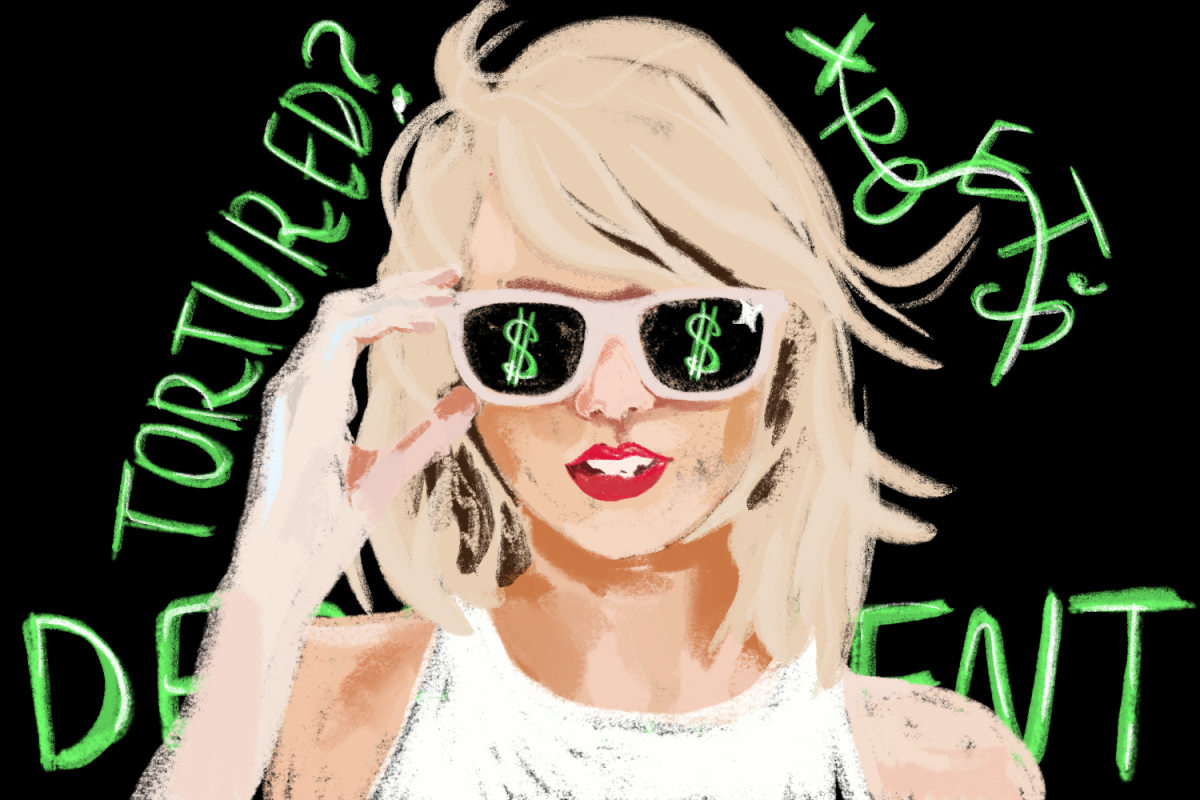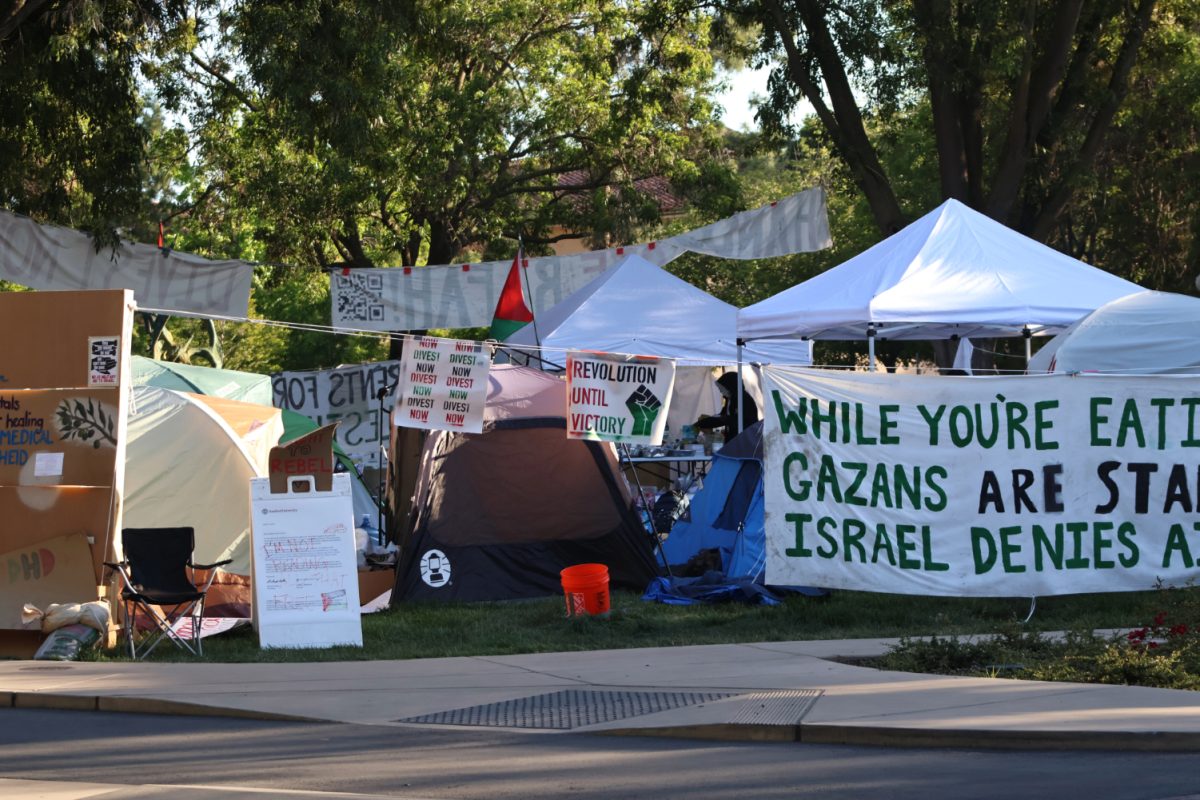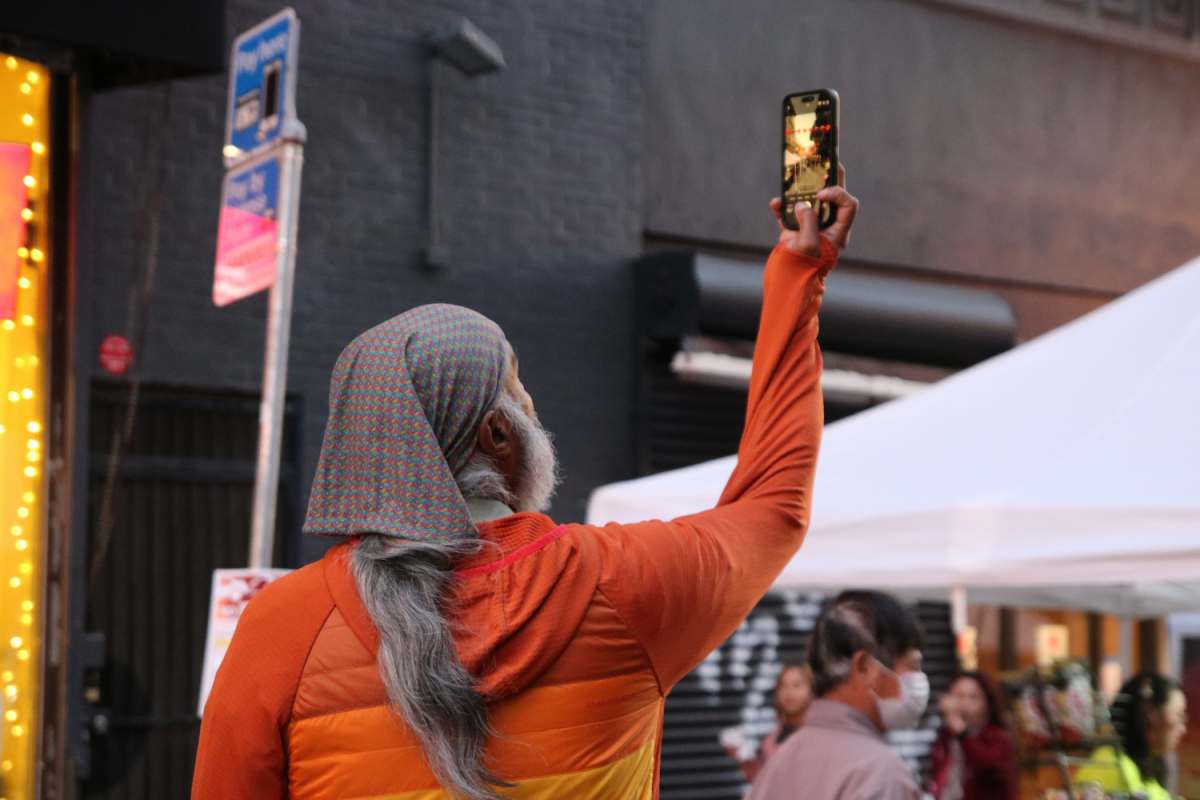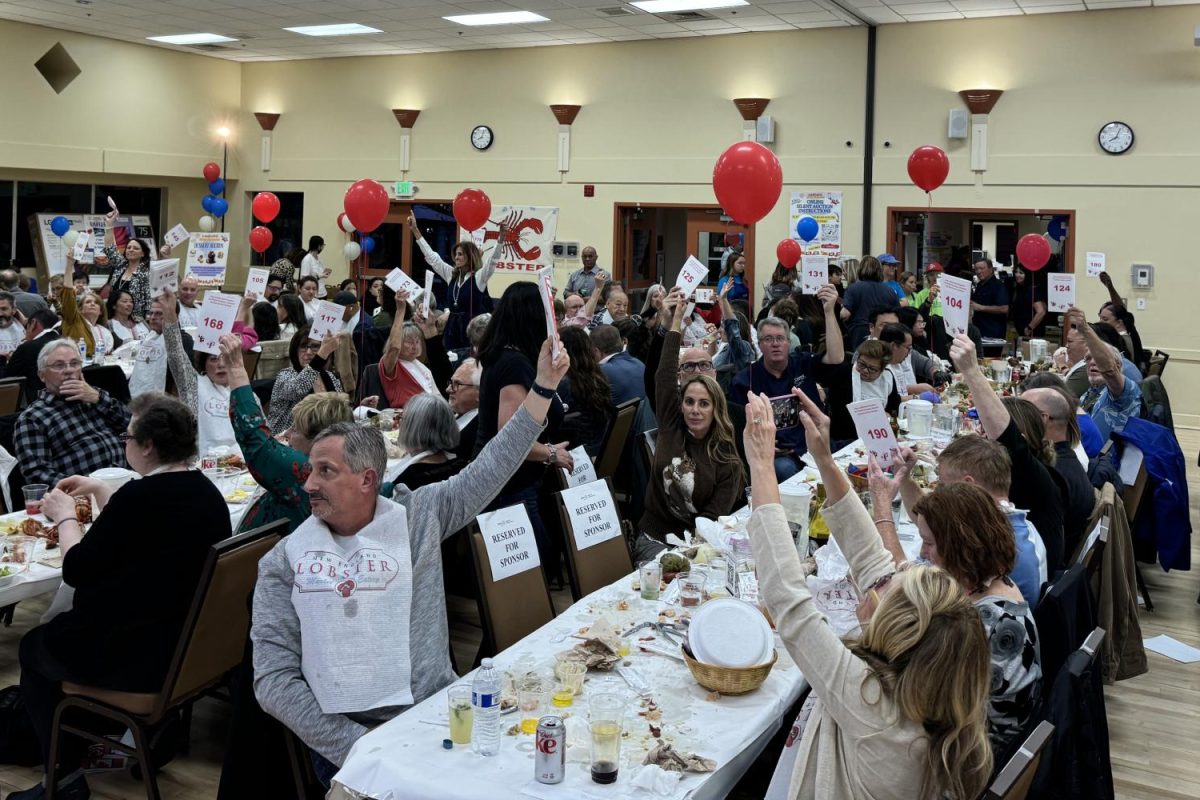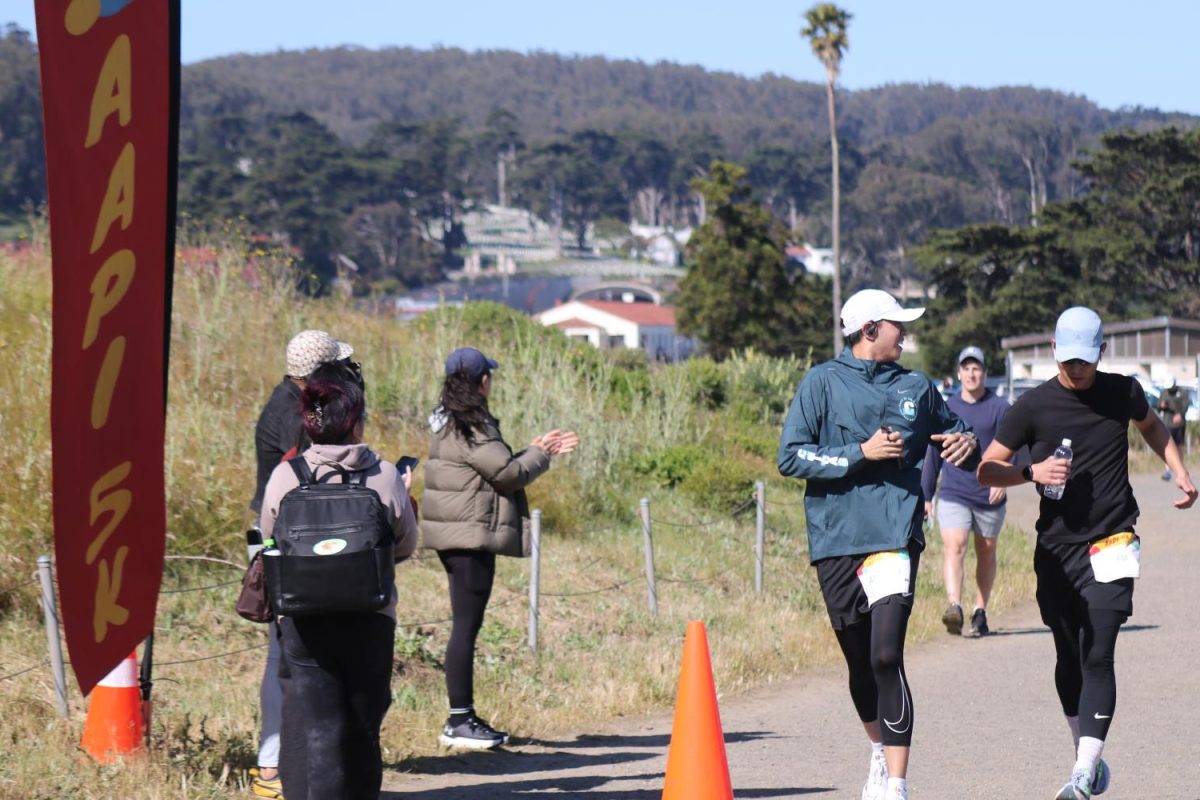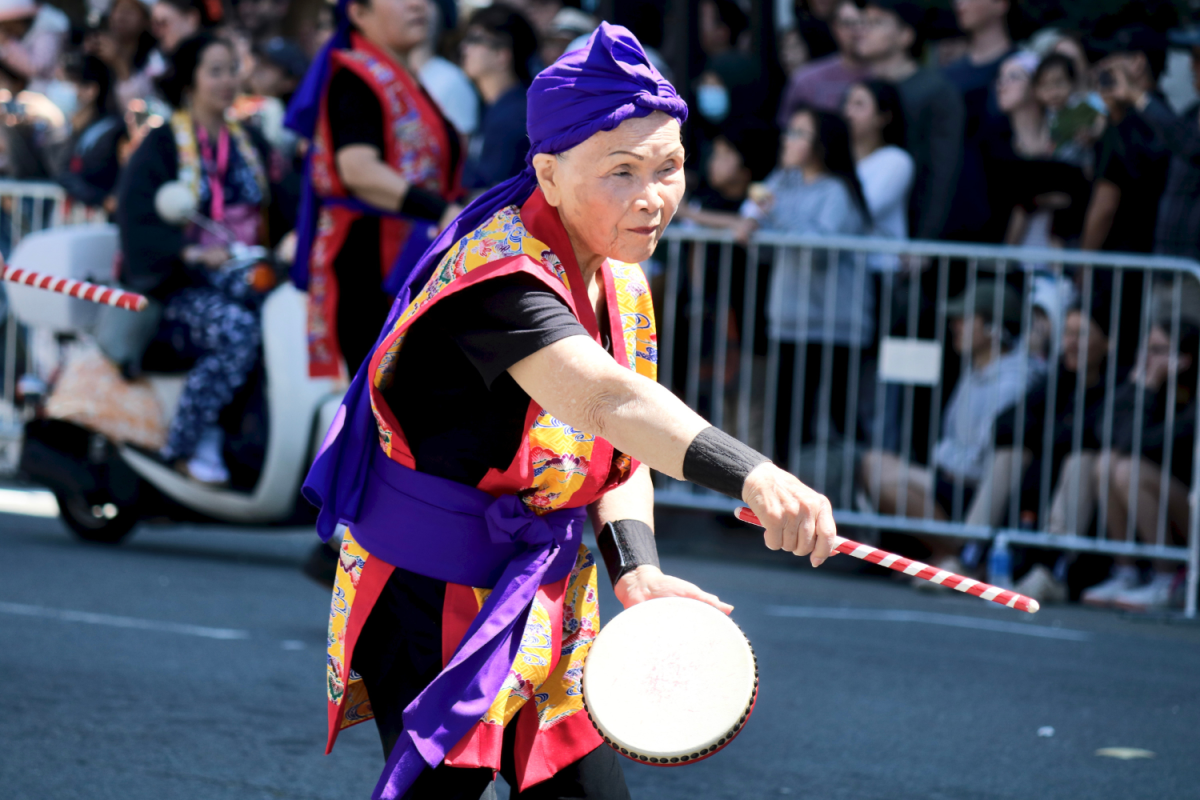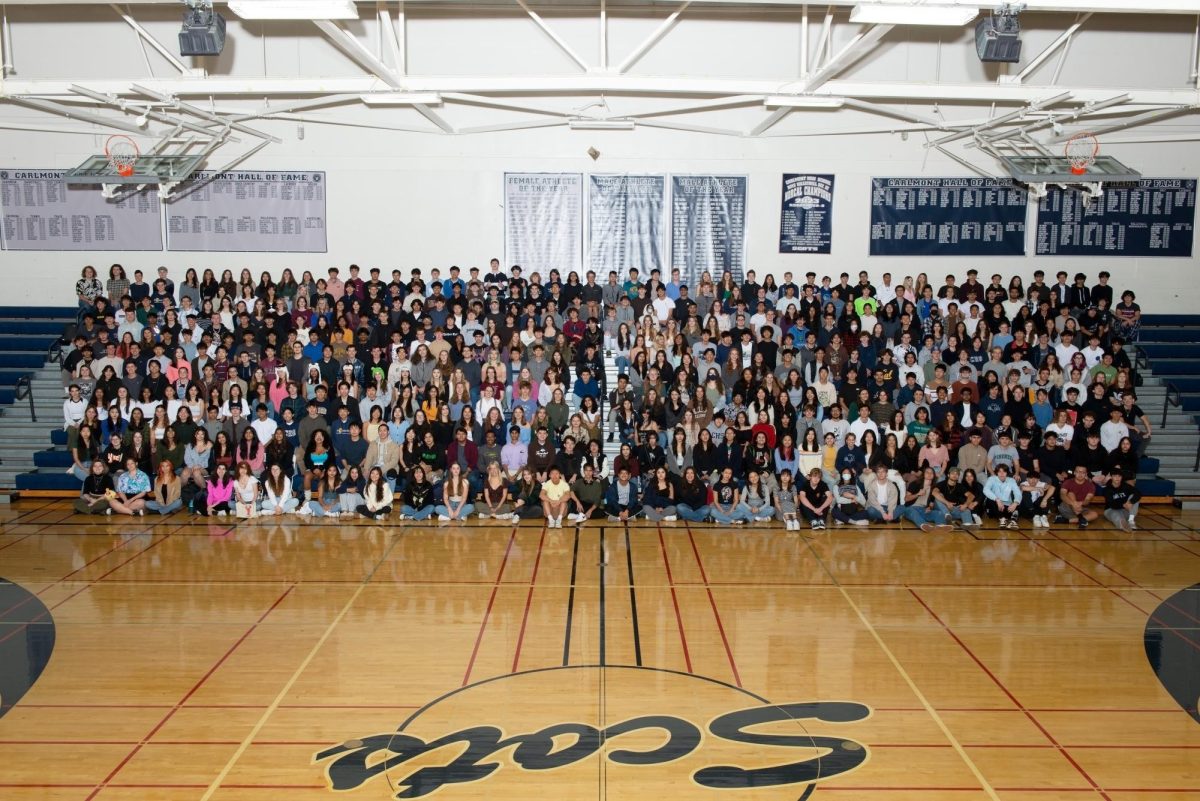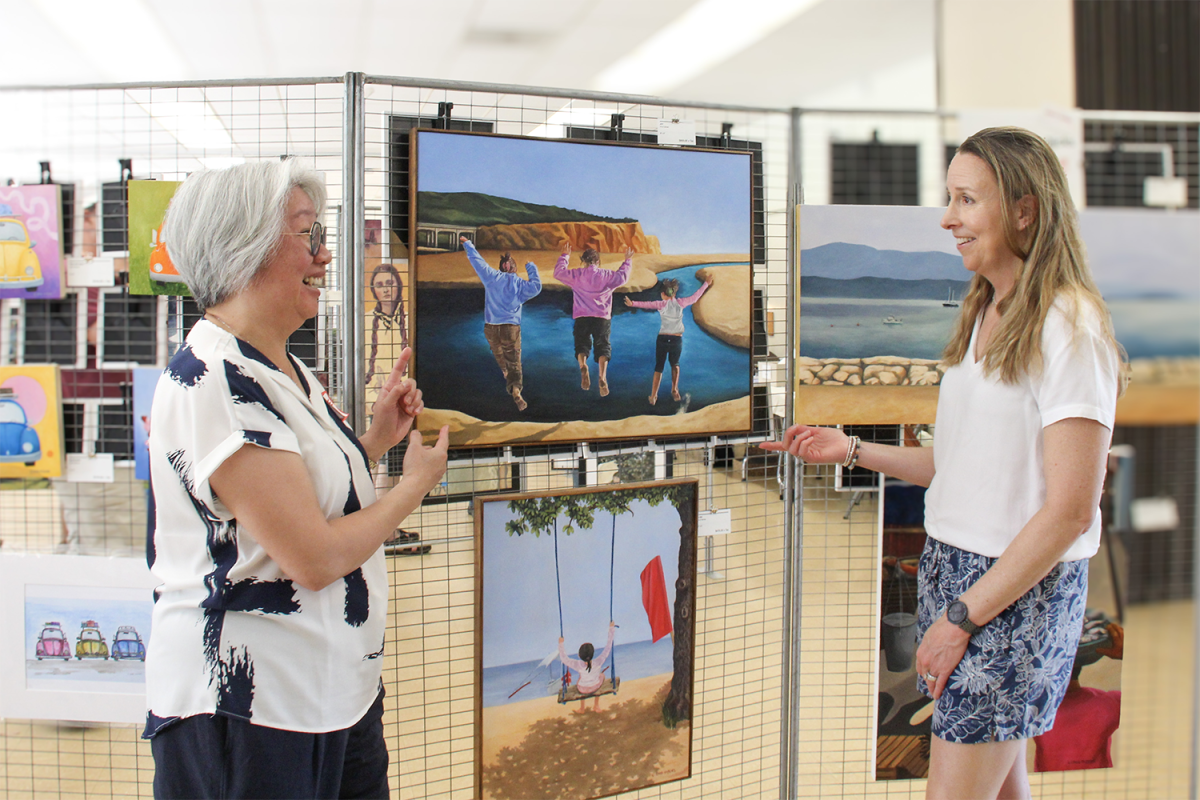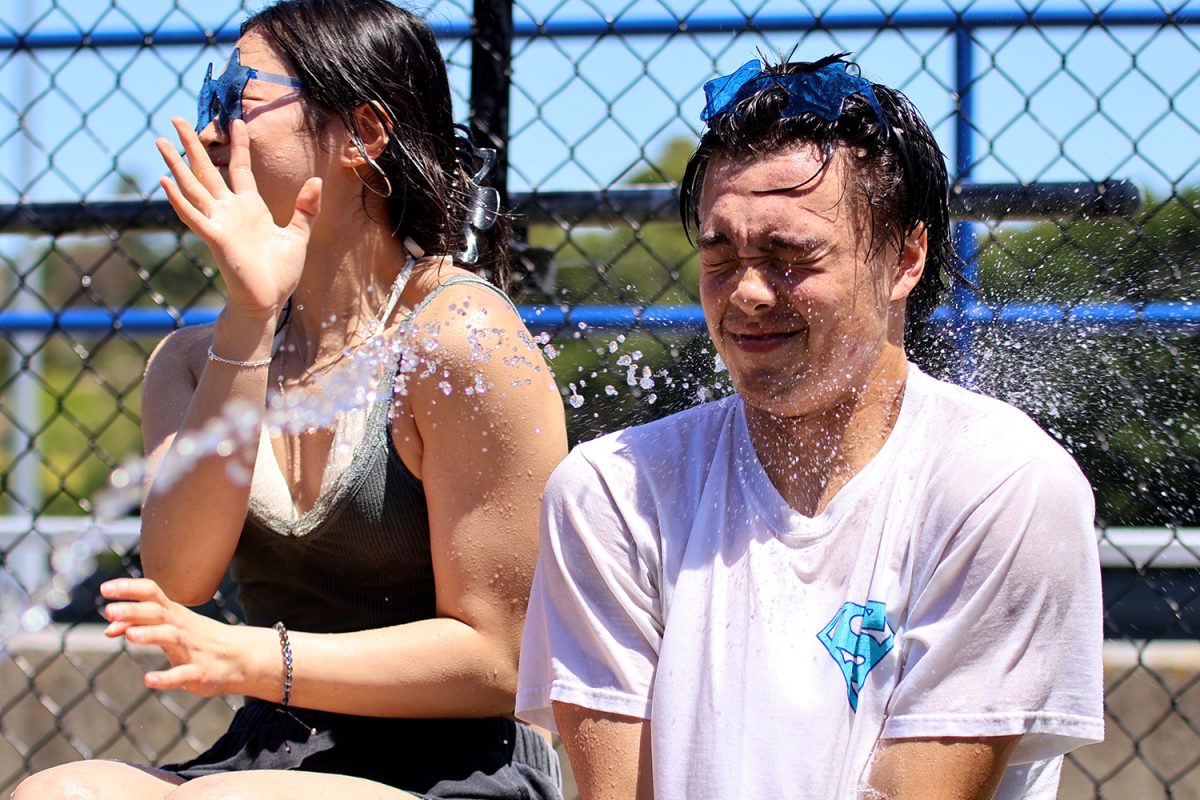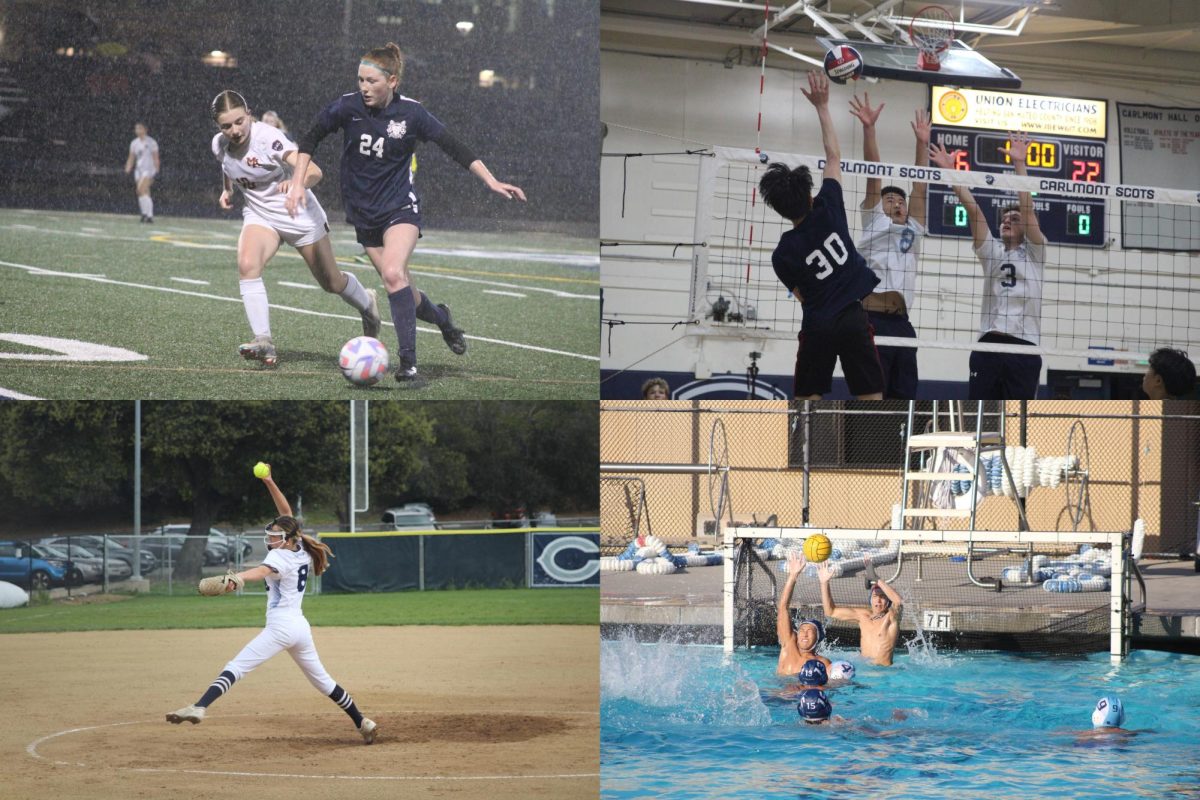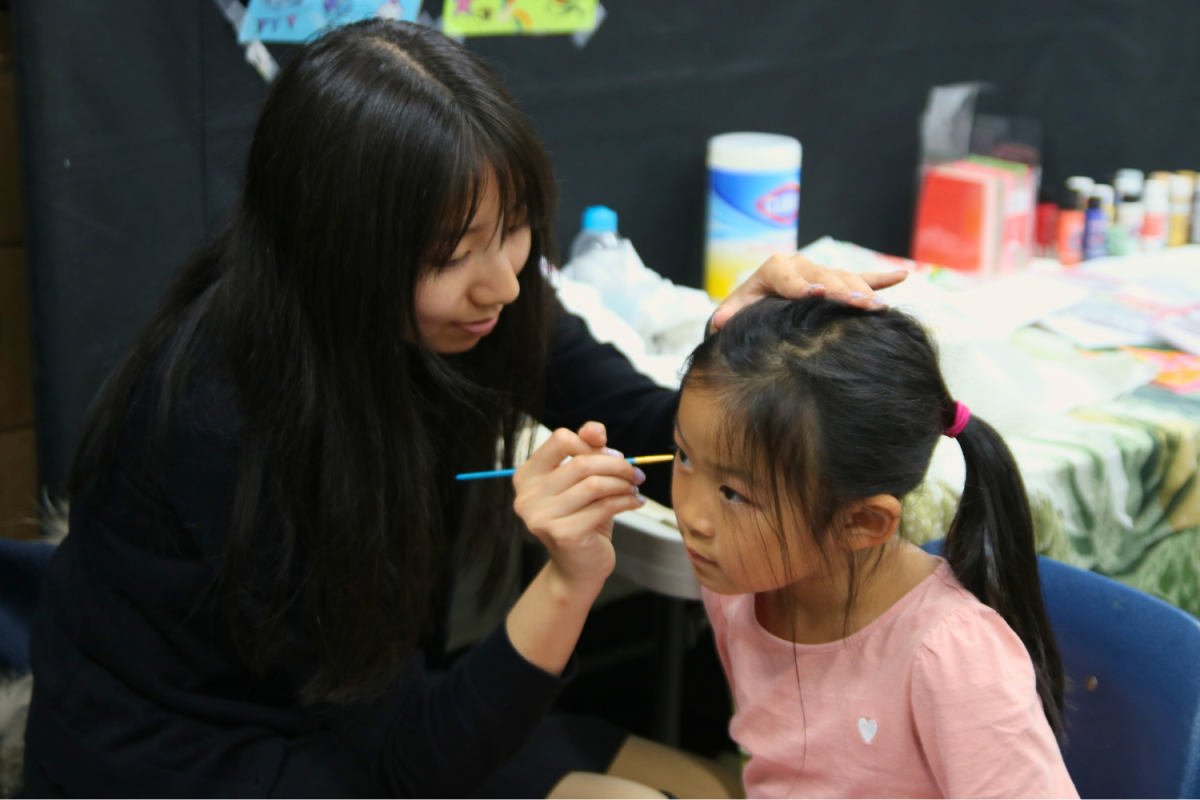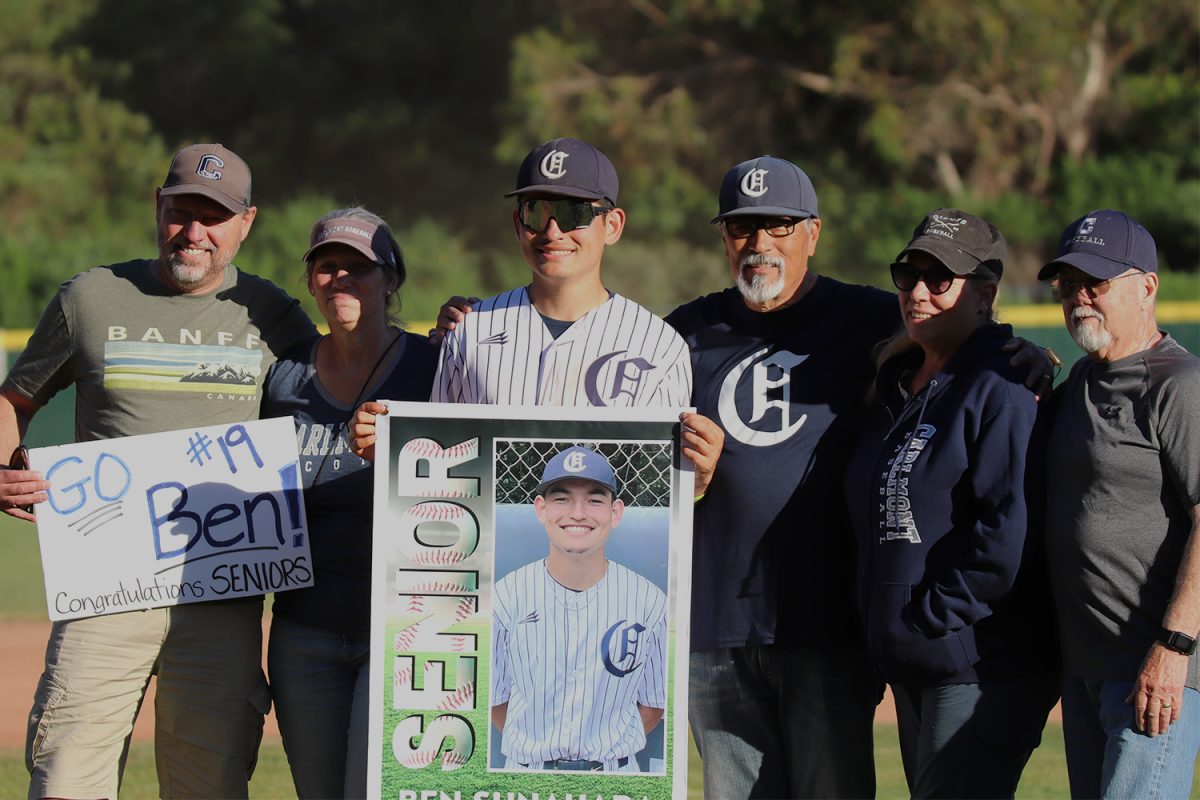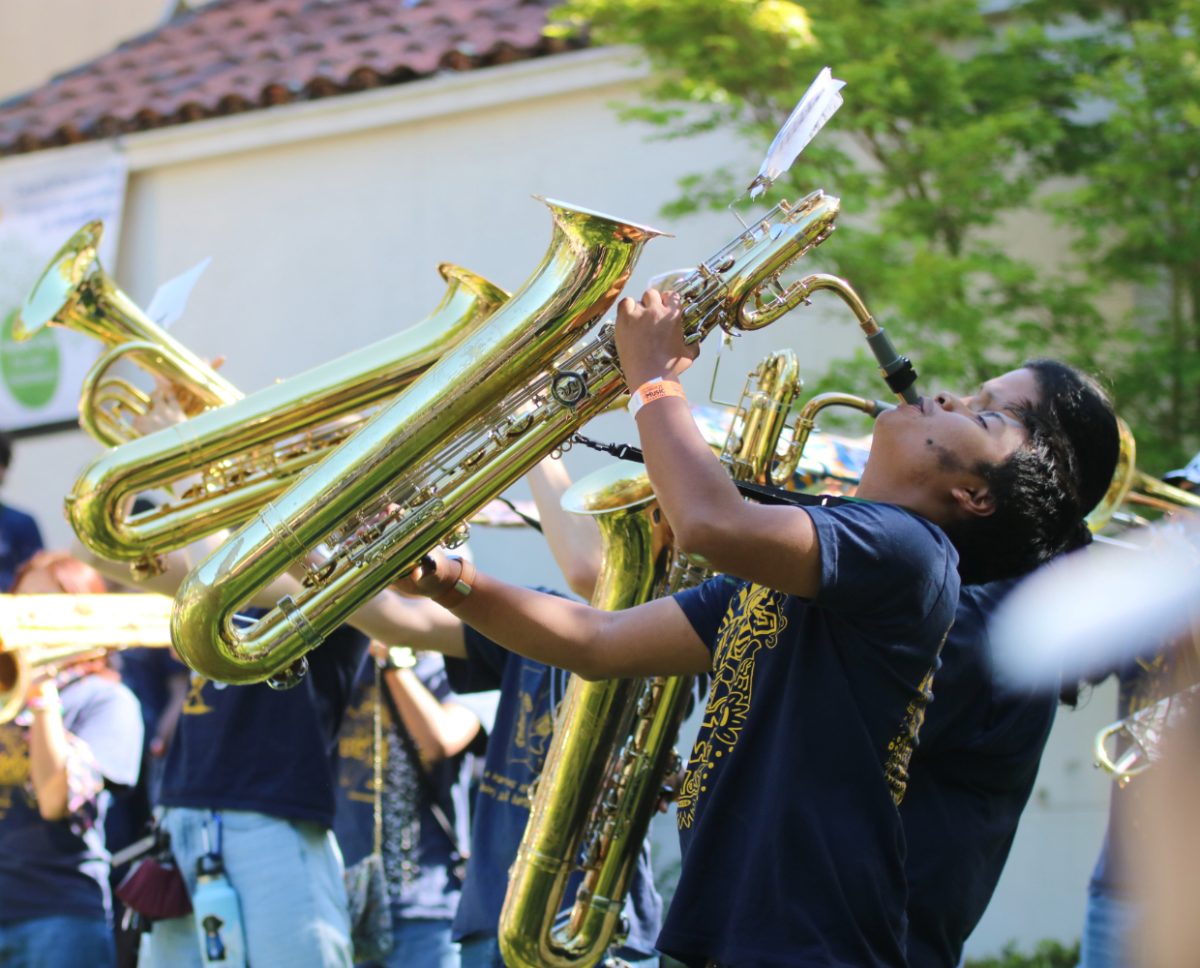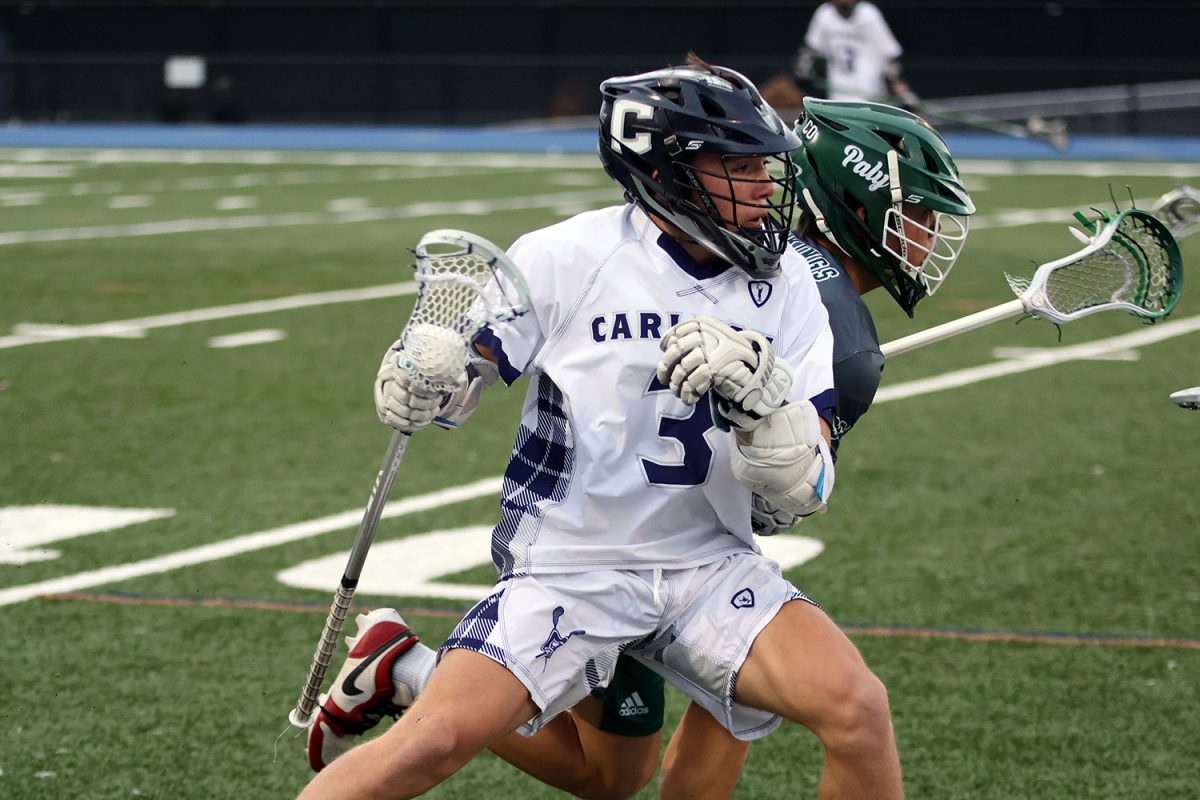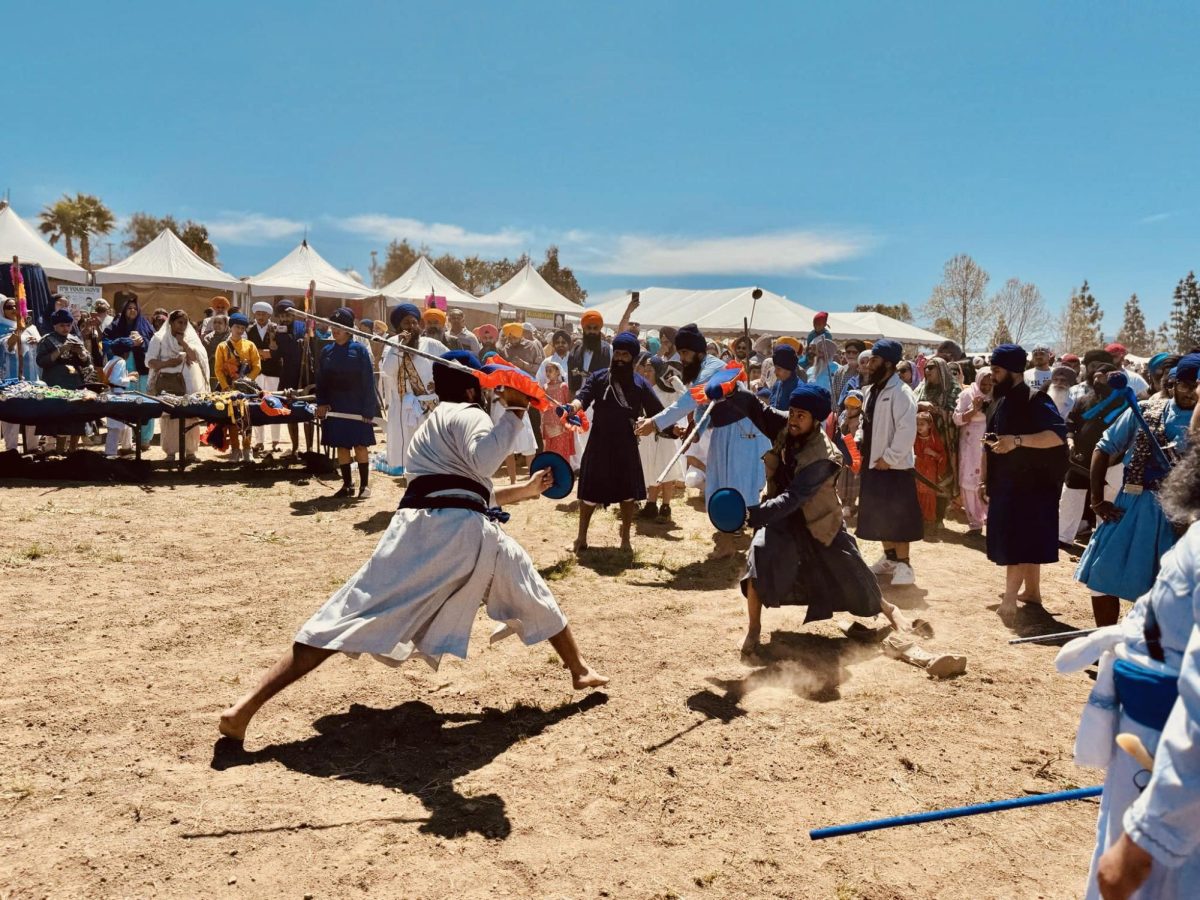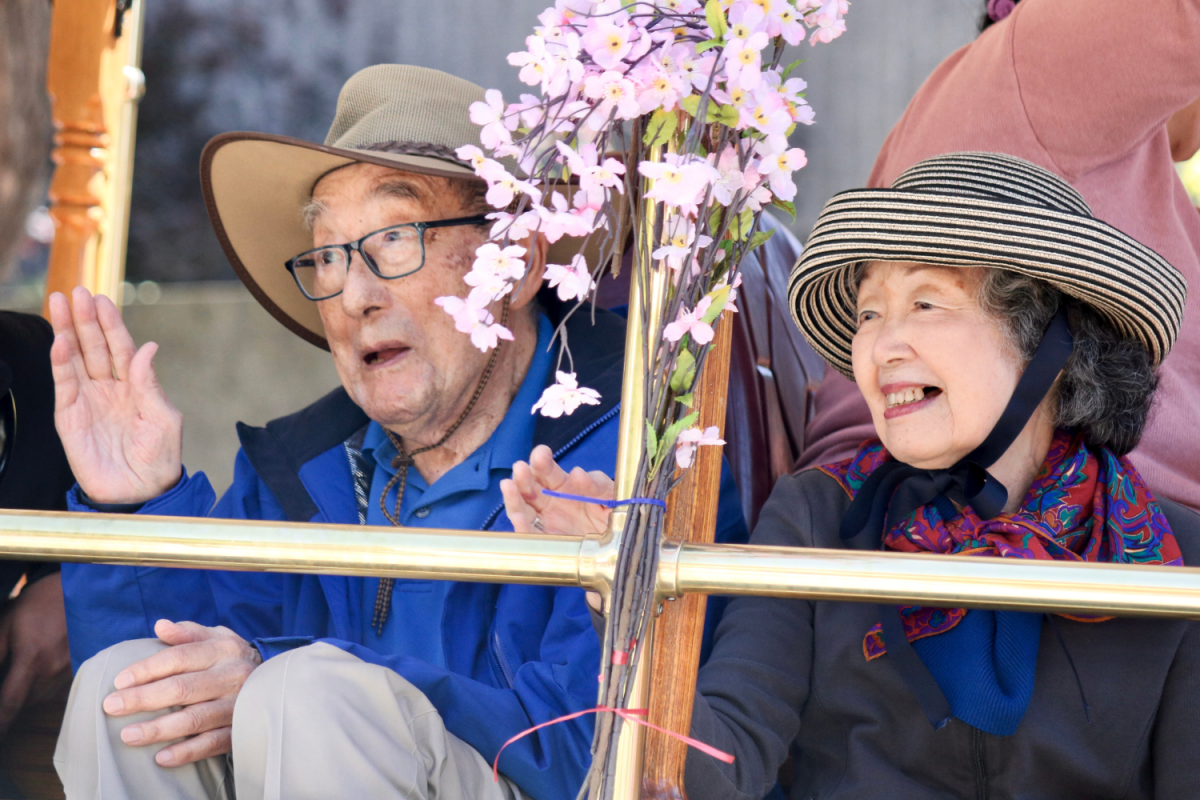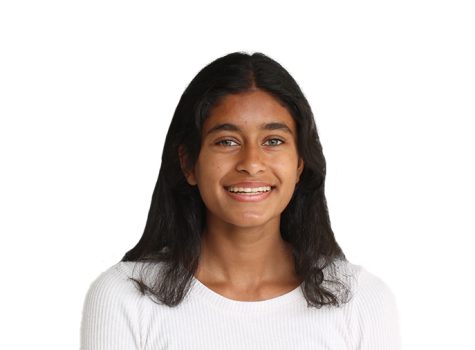A flyaway hair. Retake the picture. Your mascara is smudged. Retake it. Your eyebrows look weird. Does the lighting make your acne look worse?
With typical social media apps like Instagram, the focus is to present oneself in a certain way. The desire to create a digital presence that displays a perfect and jealousy-inducing life overwhelms teenagers’ social media accounts and feeds worldwide.
This sort of pressure commonly impacts teenagers’ perceptions of themselves and others.
“Sometimes people go down a rabbit hole with social media,” said Deborah Cadenasso, an associate marriage and family therapist. “It makes us focus on things that feel less perfect. We look at everyone’s Instagram posts and Snapchat stories and start to feel left out; we start to feel inadequate or like we’re not good enough, and then we spiral.”
This idea can impact daily life.
“The pressure to meet up with the ideal way to look on Instagram is tough. I think that drives a lot of anxiety about how people handle themselves in everyday life,” said Leighton Evans, senior lecturer in Media Theory at Swansea University.
Social media offers people a unique opportunity to carefully curate how they present themselves. This may lead to the appearance of a life that could be completely different from reality.
“Even besides filters, it’s common for people to post their happiest moments and only their happiest moments on social media. Even adults can get sucked into that, thinking, ‘They have a perfect life. They must be so happy,'” Cadenasso said. “I think that we have become less authentic because social media gives us a chance to filter and post what we want people to see rather than who we are or what’s real.”
For teenagers, this creates unrealistic standards and expectations for themselves and their own lives.
“Social media can very easily feed an artificial impression of what’s true or what to strive for,” said Katherine Chi, an associate clinical social worker.
Enter BeReal.
BeReal is a social media platform that has risen in popularity over the last year. It prides itself on being a low-stress and authentic form of social media. On BeReal’s official website, it claims to be a “new and unique way to discover who your friends really are in their daily life.”
The app was started in 2020 by French entrepreneur Alexis Barreyat. As of August 2022, 41 million of the app’s 43.3 million downloads occurred during 2022, according to Apptopia. In November 2022, it was named iPhone App of the Year in Apple’s App Store Awards.
But as the app has become more popular among teenagers, many have begun to question its premise of being more authentic than traditional social media.
According to Kerstin Radde-Antweiler in the book “Digital Religion: Understanding Religious Practice in New Media Worlds,” research around authenticity is split into two major themes: people’s presentation of their bodies online and the environment or online space itself. BeReal doesn’t include typical features like tagging, private messaging, and reposting that focus on creating environments for users to interact, the app’s direction tends to be more based on self-presentation.
BeReal functions by sending out a notification at a random time every day. Once people receive the notification they have two minutes to take a picture of themselves and their environment and post it. The app uses both the front and back cameras simultaneously to create a distinctive picture-in-picture layout.
To promote a culture of authenticity, BeReal includes a feature that reveals how many hours after the notification the user posted a photo. It also tells viewers the number of retakes the user took before posting the picture, but this can be outsmarted by closing and reopening the app to set the retake counter back to zero. BeReal offers no way to edit or add any sort of filter to your photo.
“I can see why they’re trying to frame it as a more authentic social media or experience of social media,” Evans said. “But I have some problems with that.”
I can see why they’re trying to frame it as a more authentic social media or experience of social media, but I have some problems with that.
— Leighton Evans
Regarding BeReal’s approach, a few issues arise that cannot be solved with a quick update or fix to the app.
“It kind of trains users so that at first there’s this candid nature to what’s going on, but then you get used to the motions and how the app works. You prepare yourself while it’s coming, so it starts to lose that authenticity because there’s a readying process of what’s going to happen,” Evans said.
One of the app’s primary purposes is to capture what a person looks like at any random time throughout the day. But even that may not be working as intended.
“One of my friends was telling me nonchalantly about how they redid their makeup in 30 seconds before the BeReal timer went off to take it. And when I heard that, it was like a wake-up call for me to realize that BeReal isn’t actually real,” said Carlmont sophomore Tessa Brown.
Besides the functional issues that allow users to “cheat” the system and override the app’s purpose, there may be a problem with the overall mission of the app — the ideal of an “authentic” social media.
Evans referenced a sociologist in Canada named Erving Goffman.
“He asked us to think about everyday life as a series of acts that we do. We have the front stage, which is me presenting myself in a particular way, and the backstage, which is the authentic me. I think social media is just a series of front stages for us. And I don’t think we ever put the backstage on the screen. I also think to a lesser degree, all platforms are like that,” Evans said.
However, social media platforms distinguish themselves from other apps by providing opportunities for users to showcase their different sides. Even though no platform may get to see someone’s true self, that doesn’t mean that authenticity is entirely nonexistent within online spaces.
“On Twitter, I do a particular set of things, which is really different from what I do on Instagram. Those are two different ‘front stages’ on two different networks. None of that is necessarily fake, it’s just different parts of me where I play different roles, so I don’t think it’s completely inauthentic,” Evans said.
It may be impossible for any social media to become what BeReal strives for: a genuinely authentic online experience.
“I don’t think it’s necessarily a bad thing about social media. It’s media, and different media enables different ways of presenting people. Social media is just one of those things where we are always playing a certain set of roles,” Evans said.
At the end of the day, BeReal is simply another social media platform — whether it has a positive or negative impact is up to the individual.
“It’s still social media where you get to change parts about yourself to show people,” Brown said.

